According to the Department of Trade Defense ( Ministry of Industry and Trade ), the US Department of Commerce (DOC) has published the final conclusion of the US anti-dumping investigation into extruded aluminum and aluminum products from Vietnam.
Specifically, on October 24, 2023, DOC initiated an investigation of the case at the request of the plaintiff: The Alliance of Aluminum, Steel, Paper and Forestry, Rubber, Industry, Energy, and the Federation of American Industries and Services. Anti-dumping investigation period: From April 1 to September 30, 2023.
On October 25, 2023, DOC issued Q&V Questionnaires to 13 named petitioner businesses with complete addresses to collect information for the selection of mandatory respondents. However, DOC only received timely responses from 7 of the 13 named businesses and 31 unnamed businesses.
DOC allows businesses to apply for individual duty rates (usually calculated as a weighted average of mandatory respondents); in which the company must demonstrate that it is free from de jure and de facto government control of its export activities, and has received 31 applications.
On November 27, 2023, the United States International Trade Commission (ITC) issued a preliminary determination that the U.S. industry is materially injured by reason of imports of aluminum extrusions and aluminum products from Vietnam.
On December 12, 2023, DOC selected two companies as mandatory respondents. However, on December 26, 2023, one respondent filed a petition to withdraw its mandatory respondent status because it did not manufacture or export the subject product to the United States during the investigation period. Therefore, the sole remaining respondent in the case continues to respond to DOC's investigation questionnaires.
On April 19, 2024, the plaintiff filed a petition alleging the urgency of the case due to the sudden increase of 36.07% in the export volume of the investigated product from Vietnam to the United States from October 2023 to February 2023 (after the United States received the petition and initiated the case) compared to the previous 5-month period (May to September 2023). On May 28, 2024, the DOC published a notice on the deposit of the corresponding dumping margin retroactively 90 days before the date of publication of the preliminary conclusion (ie from February 7, 2024). This provision is intended to prevent the massive export of investigated goods to the United States when the DOC has not yet applied preliminary measures.
Since Vietnam is considered by the United States to be a non-market economy , DOC selected a surrogate country to calculate the normal value for Vietnam. On February 13, 2024, DOC requested comments from the parties on the issue of selecting a surrogate country/surrogate data. While the petitioner proposed to select Indonesia as a surrogate country, the respondent proposed to select Indonesia or Jordan or the Philippines or Morocco or Sri Lanka as a surrogate country. After considering factors such as economic comparability, production of significant quantities of comparable goods, availability and quality of data, DOC selected Indonesia as a surrogate country for Vietnam.
On May 1, 2024, the DOC issued a preliminary conclusion on the scope of the investigated goods due to many objections from Vietnamese exporters, importers and US Congressmen about the overly broad scope of the petitioner's proposal. On October 3, 2024, the DOC published the final conclusion on the scope of the investigated goods to clarify the subjects of the tax.
On May 7, 2024, DOC published its preliminary findings in the case. Accordingly, DOC determined the dumping margin for the sole remaining mandatory respondent to be 2.85%. The 28 enterprises that meet the conditions for individual duty rates are also subject to this rate. The other enterprises are subject to a nationwide duty rate equal to the margin alleged by the plaintiff, which is 41.84%.
On October 3, 2024, DOC published the final conclusion of the case. Accordingly, DOC determined the dumping margin for the only remaining mandatory respondent to be 14.15% (an increase of 11.3% compared to the preliminary conclusion). 28 enterprises that meet the conditions for individual tax rates are also subject to this rate. Other enterprises are subject to a national tax rate equal to the margin alleged by the plaintiff, which is 41.84% (remaining the same as the preliminary conclusion).
The main reason for the change in tax rates is that the US has not yet recognized Vietnam as a market economy, so the DOC used the costs of a third country (in this case, Indonesia) as a replacement value and changed 02 points in the final conclusion. Specifically, changes in the use of financial revenue, input costs, transportation costs, electricity prices; changes in the use of HS codes of some raw materials used in the production process imported into Indonesia (instead of HS codes as in the preliminary conclusion).
DOC has notified U.S. Customs and Border Protection (CBP) to suspend liquidation and require collateral equal to the dumping margin on the imported shipments. For producer/exporter combinations listed in the table above, the collateral is 2.85%; for combinations of Vietnamese producers/exporters not listed in the table above, the collateral is 41.84%; and for all third-country exporters not listed in the table above, the collateral is equal to the margin applicable to the Vietnamese producer/exporter combination listed in the table above or the national level (depending on which Vietnamese producer/exporter they purchase from).
DOC has notified the ITC of this final determination. Under US regulations, the ITC will issue a final determination of injury within 45 days from the date of DOC's final determination. If the ITC concludes that there is no injury to the domestic industry, the case will be terminated and the deposit will be refunded in full. Otherwise, DOC will issue an antidumping duty order.
The Trade Defense Department recommends that the Vietnam Aluminum Profile Association update information to enterprises producing and exporting products under investigation. Enterprises producing and exporting related products need to continue to closely monitor the developments of the case; proactively research and master the regulations, procedures, and processes of anti-dumping investigations of the United States; and diversify export markets and products.
At the same time, fully cooperate with DOC throughout the process of the case. Any act of non-cooperation or incomplete cooperation may lead to the US Investigation Agency using available evidence to the disadvantage or applying the highest anti-dumping tax rate to the business. In particular, consider requesting an administrative review or a review of a new exporter (if necessary); regularly coordinate and update information with the Department of Trade Defense to receive timely support.
Source



![[Photo] Opening of the World Cultural Festival in Hanoi](https://vphoto.vietnam.vn/thumb/1200x675/vietnam/resource/IMAGE/2025/10/10/1760113426728_ndo_br_lehoi-khaimac-jpg.webp)
![[Photo] General Secretary attends the parade to celebrate the 80th anniversary of the founding of the Korean Workers' Party](https://vphoto.vietnam.vn/thumb/1200x675/vietnam/resource/IMAGE/2025/10/11/1760150039564_vna-potal-tong-bi-thu-du-le-duyet-binh-ky-niem-80-nam-thanh-lap-dang-lao-dong-trieu-tien-8331994-jpg.webp)
![[Photo] Ho Chi Minh City is brilliant with flags and flowers on the eve of the 1st Party Congress, term 2025-2030](https://vphoto.vietnam.vn/thumb/1200x675/vietnam/resource/IMAGE/2025/10/10/1760102923219_ndo_br_thiet-ke-chua-co-ten-43-png.webp)




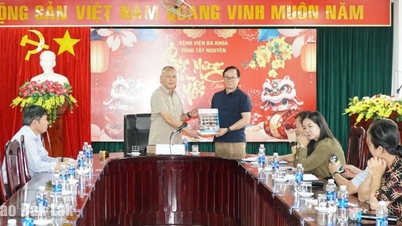

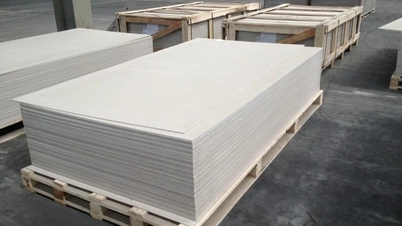








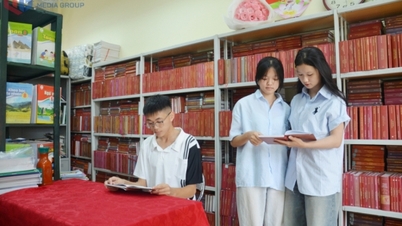
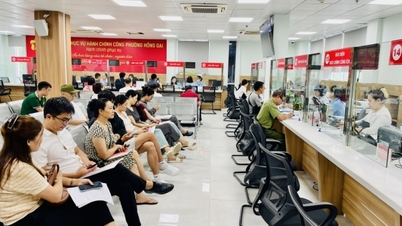






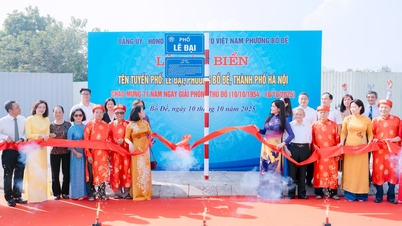






































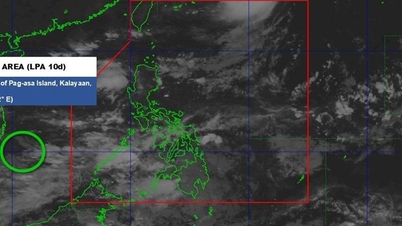
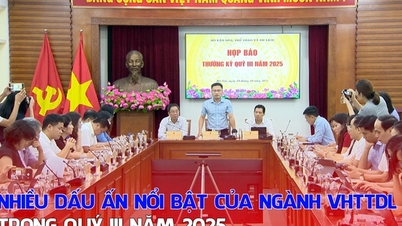



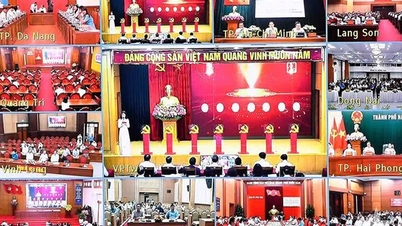

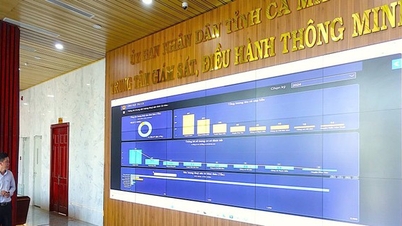
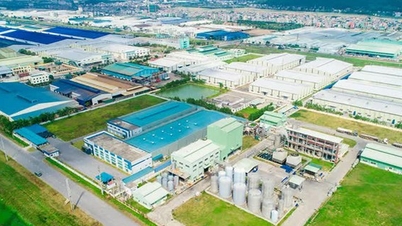





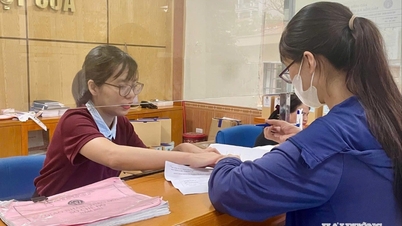
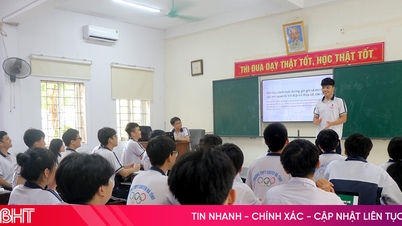

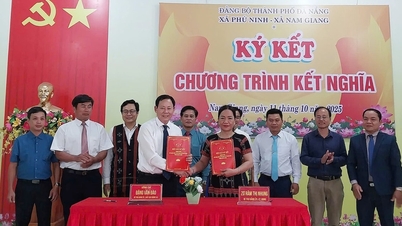













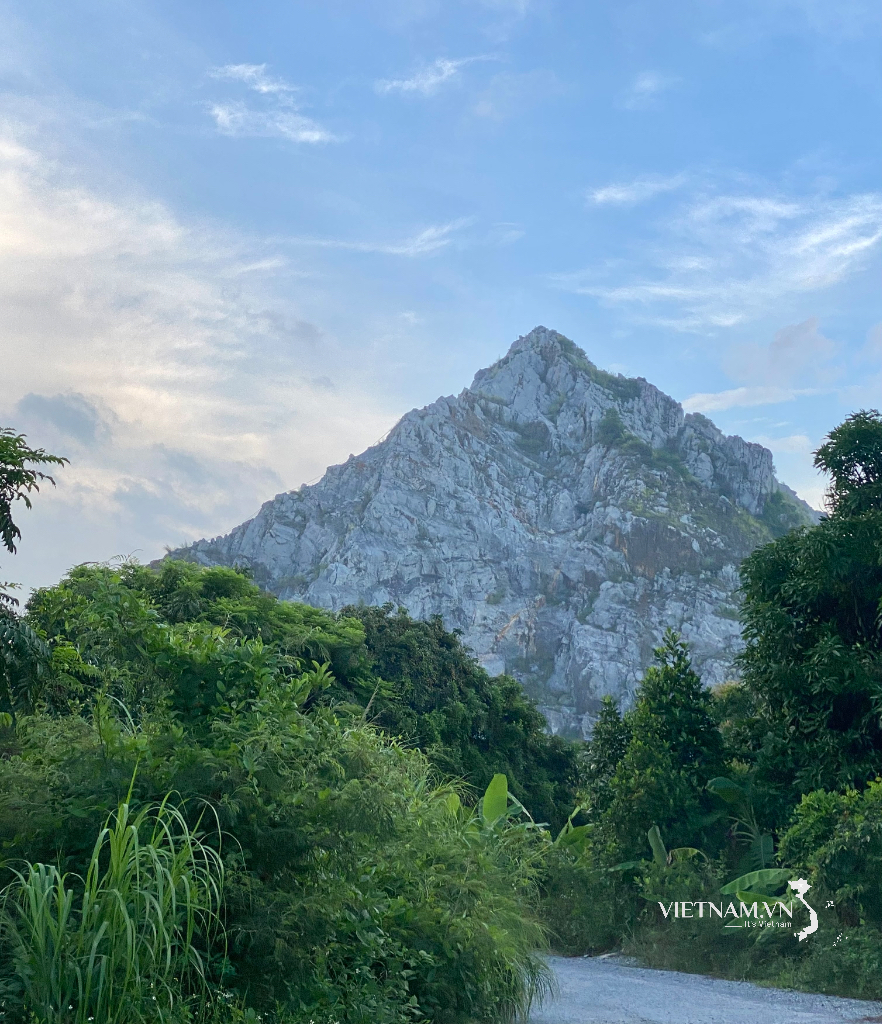


Comment (0)